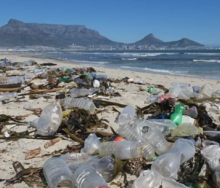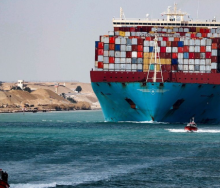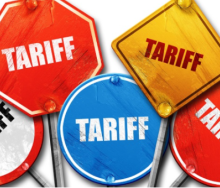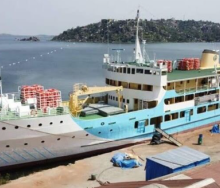Continuing with the controversial Health Promotion Levy, commonly known as the sugar tax, could put paid to industry efforts to find alternative markets for locally produced sugarcane.
This warning comes from SA Canegrowers, an industry body representing 24 000 small-scale and 1 200 large-scale sugarcane growers, on the eve of finance minister Enoch Godongwana’s budget vote.
Canegrowers has written to Godongwana asking him to scrap the sugar tax altogether.
Sustainable aviation fuel manufactured from sugarcane has been one of the main new revenue streams identified in terms of the Sugar Value Chain Master Plan 2030, which aims to reverse the downward spiral of shrinking hectares and production faced by growers and processors over the past 10 years due to drought, high input costs and cheap sugar imports.
Industry-funded research from 2021 estimated that by diverting 50% of the 19 million tonnes of sugar cane produced by growers annually towards ethanol production, South Africa could produce about 700 million litres of ethanol a year for local or international biofuel markets, which could then be converted into 433 million litres of sustainable fuel for the aviation industry.
This amount of fuel could power almost 34 000 return flights between Cape Town and Johannesburg on the Boeing 737-800.
“The sugar tax puts excessive pressure on sugarcane growers, in an already challenging environment,” said Dr Thomas Funke, CEO of SA Canegrowers.
“Should sugarcane growers leave the industry, the viability of alternative projects such as biofuels and sustainable aviation fuel is threatened as these projects rely on a stable supply of sugarcane as a feedstock.”
Funke also said the importance of the sugar industry for the rural economies of KwaZulu-Natal and Mpumalanga could not be underestimated, as small-scale and large-scale sugarcane growers were often the only employers in rural communities where there were few other options for jobs.
He said sustainable aviation fuels could safeguard existing jobs at farm level but could also create new jobs and economic opportunities on farms and in new industries.
An independent Nedlac study found that the sugar tax destroyed more than 16 000 jobs and R2 billion in income in its first year (2018) alone.
Last year Godongwana put a moratorium on increases, citing inflationary and environmental pressure on the industry.
“The government also promised to commission an economic impact study of the tax, which is still outstanding,” said Funke.
“The only concrete evidence we have about the tax is that it led to job losses, yet foreign-funded activists demand an increase based on conjecture without any concern for the rural economies it could destroy.”
Funke pointed out that the tax was based on a single academic modelling study – with no real-world evidence to support it.













